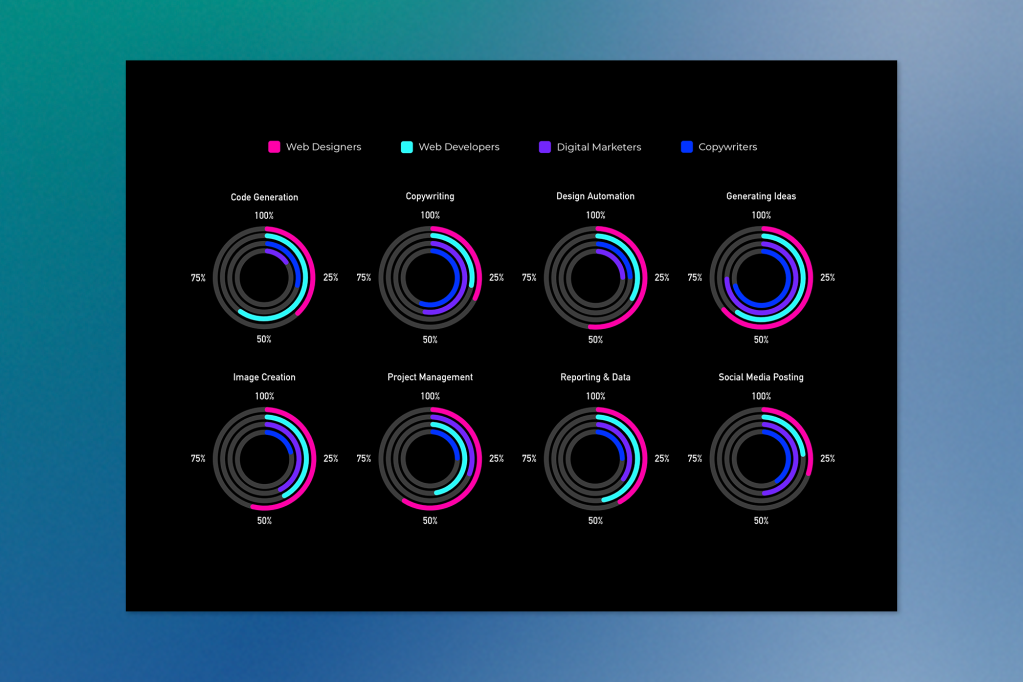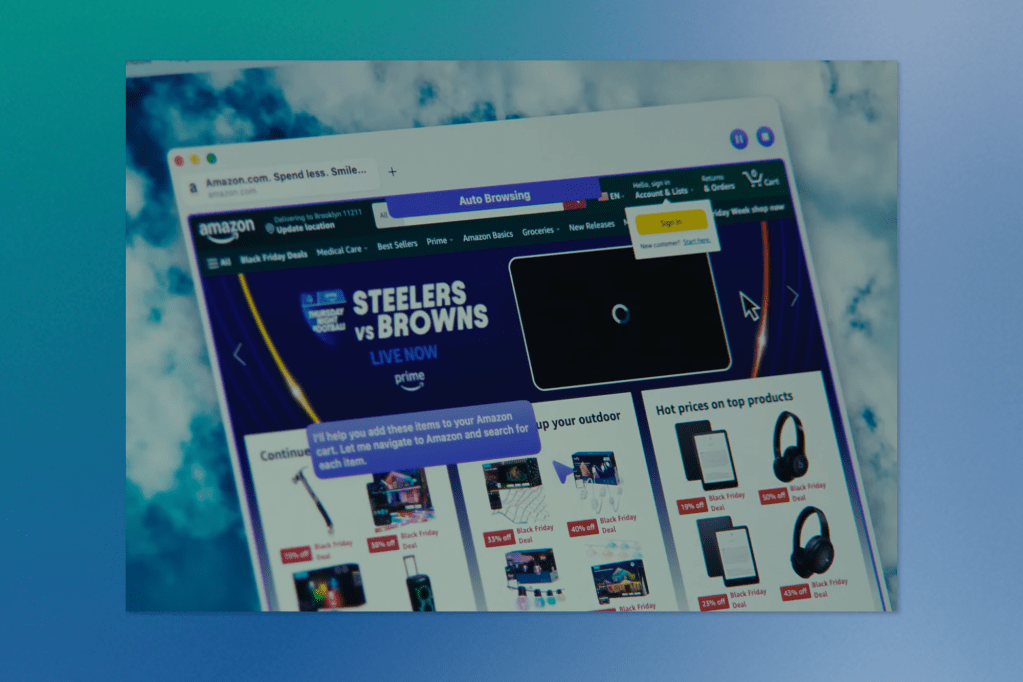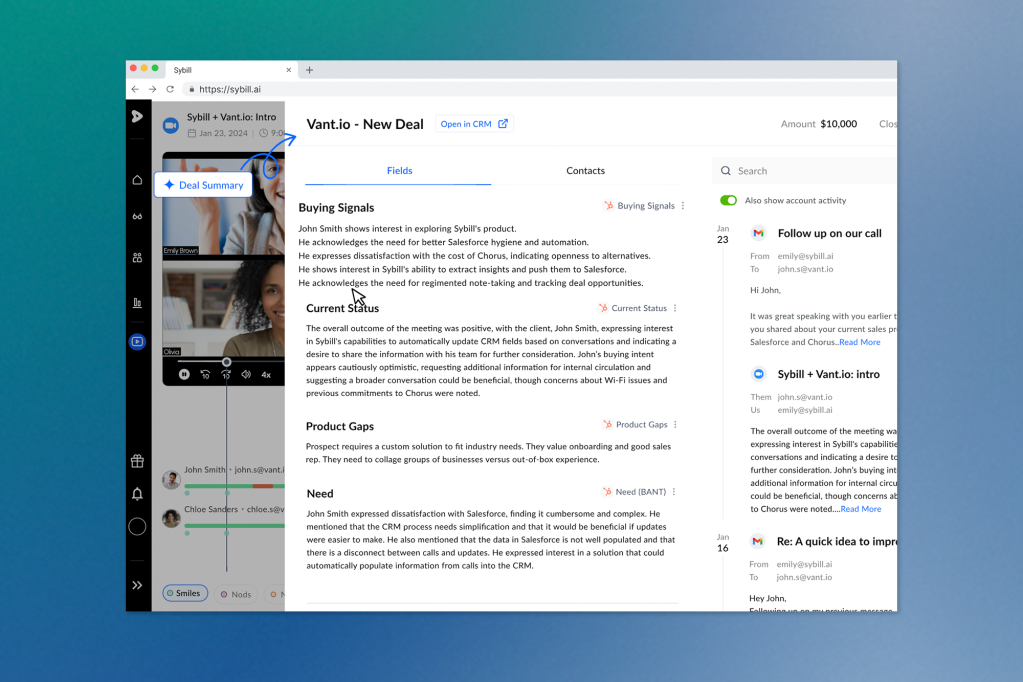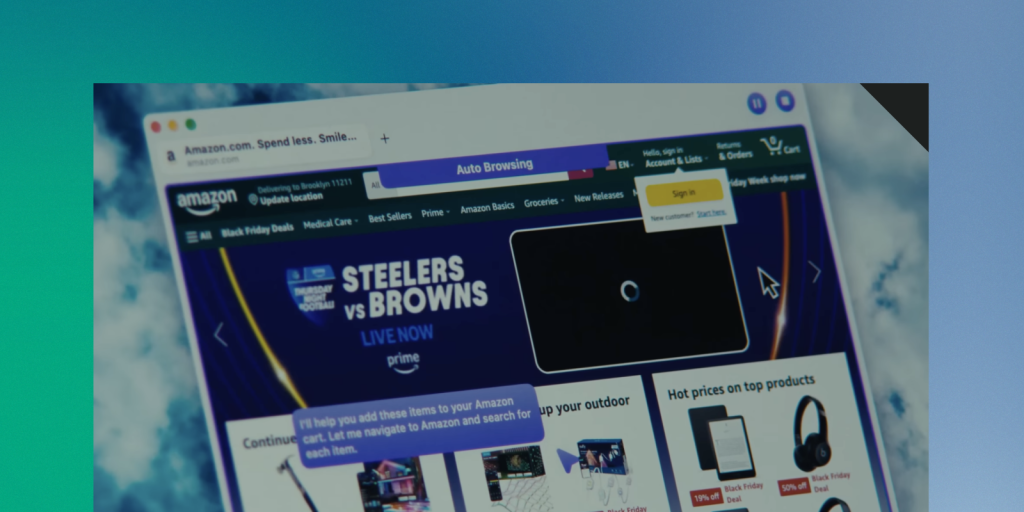Let’s dive into this week’s highlights in AI! We’ve got fresh insights from a 20i survey on AI in the web industry, a first look at The Browser Company’s new AI browser, Dia, and an innovative 3D scene creator from World Labs. We’re also checking out new features from Anthropic’s Claude and how Google’s Gemini is bringing Spotify integration to its AI assistant.
Survey Reveals AI’s Transformative Impact on the Web Industry
A recent study conducted by the team at 20i highlights the growing influence of AI in the web industry. Over 500 web designers, developers, marketers, and copywriters shared their insights, offering a snapshot of how AI tools are reshaping workflows and raising critical questions about the future.
Key Findings at a Glance
– 75% believe AI has improved content quality.
– 84% support government regulation of AI.
– 92% are impressed by AI tools, with 44% describing them as “extremely impressive.”
– 39% use AI daily, while 11% have never used AI tools.

Who Uses AI Most?
AI usage is widespread but varies across roles:
– Web Designers & Developers: Over 48% use AI daily, leveraging it for design automation and code generation tasks.
– Digital Marketers: Mixed adoption, with 15% never using AI, highlighting reliance on strategic human insight.
– Copywriters: Daily use sits at 21%, with 21% never using it, emphasizing the continuing importance of human creativity.
How AI Enhances Workflows
Professionals are adopting AI for a range of specialized tasks:
– Web Designers: Automating designs and generating prototypes.
– Developers: Streamlining code generation.
– Marketers & Copywriters: Crafting and optimizing content.
Concerns About AI
While enthusiasm for AI is high, so are concerns:
– 56% worry about over-reliance.
– 56% fear ethical misuse.
– 47% express concerns about job displacement.
Regulation and Ethics
The call for regulation is strong, with 84% advocating for government oversight to ensure ethical usage, protect privacy, and address bias.
The Job Market Debate
Respondents are divided on AI’s impact on jobs:
– 39% believe AI will create jobs.
– 42% feel it will take jobs away.
Explore the full report from 20i for a comprehensive look at how AI is shaping the web industry.
The Browser Company Unveils a Bold New Vision with AI Browser Dia
The Browser Company, known for its Arc Browser, has teased its next big innovation: Dia, an AI-powered web browser designed to redefine how users interact with the internet. Launching in early 2025, Dia aims to integrate AI tools directly into the browsing experience, moving beyond apps and buttons to create an intuitive, assistance-driven environment.

In early prototypes shared by CEO Josh Miller, Dia showcases several ambitious features:
– Cursor Assistance: AI tools that help draft text, fetch facts, or integrate relevant links into your content seamlessly.
– Command-Based Actions: Users can perform complex tasks, like locating a document, sending an email, or scheduling a meeting, through natural language prompts in the address bar.
– Automated Browsing: Dia can independently navigate websites, such as adding promotional items from emails to an Amazon cart, though perfection in decision-making remains a work in progress.
These features hint at a future where browsers act as intelligent, proactive assistants. However, competition looms as multiple startups explore similar concepts, raising the stakes for Dia’s debut.
The Browser Company faces the challenge of creating an AI-powered browser that’s accessible, useful, and potentially profitable — all while maintaining Arc’s appeal for its loyal user base. Will Dia live up to its promise? We’ll be watching closely as the story unfolds.
World Labs Unveils AI to Create Interactive 3D Scenes from a Single Image
World Labs, the ambitious startup led by AI pioneer Fei-Fei Li, has introduced an innovative system capable of generating interactive 3D environments from just one photo. While many AI tools convert images into 3D models, World Labs’ technology offers explorable, modifiable scenes with depth, solidity, and even dynamic animations.

Currently accessible through a live demo, these browser-rendered scenes come with features like controllable cameras, adjustable depth of field, and interactive object effects. Though still in its early stages, the system addresses key limitations of similar technologies by ensuring scene consistency and adherence to basic physics.
Future improvements promise expanded exploration areas, enhanced visual fidelity, and new interactive capabilities. With $230 million in funding from backers like Andreessen Horowitz and Intel Capital, World Labs is valued at over $1 billion and aims to launch its first product in 2025, targeting industries like gaming, film, and engineering.
Could this be the beginning of a new era of creation in the virtual world? The possibilities for artists, developers, and filmmakers are as expansive as the worlds World Labs hopes to build.
Anthropic Adds Custom Writing Styles to Claude AI for Personalized Responses
Anthropic is stepping up the personalization game with a new feature in its Claude AI assistant: custom writing styles. This update enables users to tailor the chatbot’s tone, length, and detail level, making it a more natural fit for many tasks, such as crafting professional emails or drafting technical documents.
Three preset styles are now available:
– Formal: For clear, polished text.
– Concise: For short, direct responses.
– Explanatory: For detailed, educational replies.
Beyond these presets, users can create personalized styles by uploading sample content that reflects their unique communication style. This customization allows Claude to mimic mannerisms and tones specific to the user, effectively automating prompt engineering for consistent, tailored responses.
While not entirely unique—tools like OpenAI’s ChatGPT and Google’s Gemini offer similar capabilities—Claude’s custom styles mark a significant step toward more intuitive, user-specific interactions. Anthropic’s approach highlights the growing demand for AI that feels less like a chatbot and more like an extension of its user’s voice.
Weekly Tool Highlight: Sybill
This week, let’s explore Sybill, a sales-specific AI platform designed to empower high-performing sales teams by streamlining post-call workflows. From generating insightful summaries to drafting follow-up emails and automating CRM updates, Sybill ensures your sales team spends less time typing and more time selling.

Key Features
1. Magic Summaries
Sybill analyzes verbal and non-verbal meeting cues to create comprehensive summaries, including key takeaways and next steps. This information is delivered directly to CRM, Slack, or email, eliminating the need to sift through call recordings.
2. AI Follow-Up Emails
With just one click, Sybill crafts highly contextual emails tailored to your writing style and deal stage, which is perfect for back-to-back meetings where timely communication is crucial.
3. Automated CRM Updates
Sybill auto-fills MEDDPICC, SPICED, BANT fields, and more with historical call and email data, creating a single source of truth for sales teams without the hassle of manual entry.
With a specialized Sales-RAG system, Sybill combines multimodal intelligence and deal-specific insights, delivering accuracy and relevance. It’s also SOC2 compliant, ensuring top-notch data security.
Keep ahead of the curve – join our community today!
Follow us for the latest discoveries, innovations, and discussions that shape the world of artificial intelligence.


